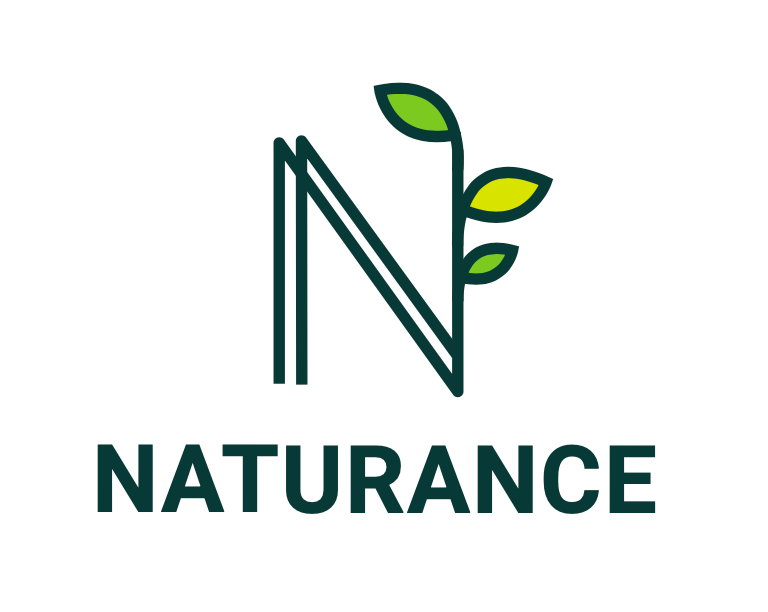On 13 October, to mark the International Day for Disaster Risk Reduction, NATURANCE and the European Scientific and Technical Advisory Group (E-STAG), established by the UNDRR Regional Office for Europe and Central Asia, co-hosted an international webinar on how financial incentives can promote resilience in the building and housing sectors.
Moderated by Prof. Dilanthi Amaratunga, the session brought together experts Jaroslav Mysiak (CMCC, Principal Scientist and NATURANCE coordinator), Shavindree Nissanka, and Christian Resch, and gathered more than 150 participants from around the world.
In his keynote, Jaroslav Mysiak underscored the importance of closing the finance and recovery protection gap, emphasizing how innovative financial instruments can enhance both community resilience and ecosystem protection. He pointed to examples such as the Mesoamerican Reef Insurance Programme, which channels insurance payouts directly into reef restoration after extreme events. Mysiak also highlighted the work of NATURANCE’s innovation labs, which explore such forward-looking approaches and invite broader participation through the upcoming CEN Workshop.
Speakers discussed how economic mechanisms — including tax incentives, insurance-based schemes, and microfinance solutions — can encourage risk-aware decisions and strengthen local preparedness. They stressed that every dollar invested in prevention can save up to three dollars in response costs, making resilience not only a moral imperative but a sound financial strategy.
Christian Resch outlined four systemic challenges that continue to hinder proactive financing: fragmented governance, unpredictable funding flows, limited local access to finance, and weak connections between preparedness and recovery. Meanwhile, Shavindree Nissanka presented concrete ways to embed resilience into financial models, from risk-based pricing mechanisms to mandatory insurance clauses that discourage unsafe construction.
The Q&A session reflected strong engagement, with participants asking how AI-driven tools, microfinance systems, and local policies for retrofitting and relocation could advance a “zero casualty” approach to disaster risk reduction.
The event reaffirmed the shared commitment of NATURANCE and its partners to foster innovative, finance-based approaches that strengthen resilience, close protection gaps, and support sustainable recovery pathways across Europe and beyond.

